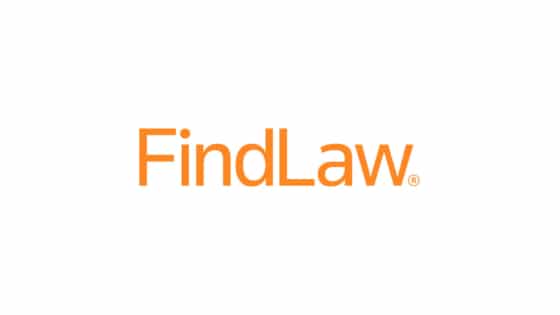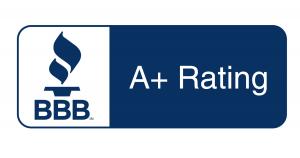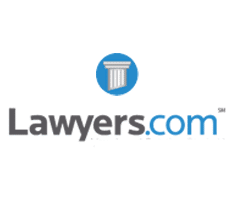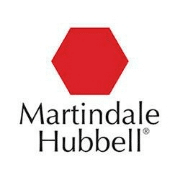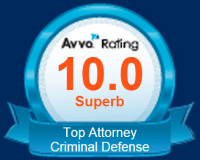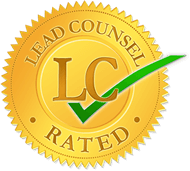Embezzlement Lawyers in Pittsburgh
Embezzlement is considered a white collar crime and one that is devoid of physical threat or intimidation. The crime of embezzlement occurs when someone who is charged with handling the finances of another person diverts part of those funds for their own use. This could involve small amounts of money such as removing $50 from a petty cash fund to pay for fuel or it could be far more serious and involve milking thousands of dollars by using creative accounting techniques to mask funds being transferred for your use. In nearly all cases, embezzlement is considered theft of funds by en employee from an employer.
Embezzlement Charges
Before a prosecutor can prove that a theft is considered embezzlement, they must be able to prove that the employee had a responsibility for the funds they are accused of stealing. For example, if an employee is responsible for issuing payroll checks and during the filling of that role they cut an extra paycheck or increased the amount of their check without the employer’s knowledge, this would be considered a violation of the duty of responsibility owed to the employer. Having control of someone’s funds means the person has what is known as a “fiduciary responsibility” and stealing or misappropriating those funds could result in charges of embezzlement
Penalties for Embezzlement
Since Pennsylvania has consolidated many laws that involve theft of property, embezzlement charges fall under general theft statutes. However, it is also important to be aware that in some cases, embezzlement charges could rise to a federal crime and the penalties will be far more severe. Federal embezzlement charges could be faced if the funds or property stolen were from a government agency or when involving a company with a government contract, such as a contractor who has a construction project. State penalties for embezzlement charges may include:
- A first offense when property is valued at less than $150 could mean up to 90 days of jail time. A second offense will result in being charged with a second degree misdemeanor charge and up to three years in prison.
- A conviction of theft of property valued between $150 and $2,000 is a first degree misdemeanor and could mean up to five years in prison.
- Any theft charges involving property valued at more than $2,000 could mean you are facing felony charges and as many as seven years in jail.
If you are facing federal embezzlement charges because the crime involves government funds are facing far more serious penalties which can include:
- An employee of the federal court system who has been convicted of embezzling more than $1,000 could face up to ten years in jail and fines of $250,000. In most cases, the amount of money will be dependent on the amount stolen; the person found guilty will have to pay twice the amount stolen or the fine whichever is greater.
- Stealing tools or materials for counterfeiting – Anyone who steals any equipment that may be used to create bonds, currency, coupons or stamps could face a fine of up to $250,000 and up to 10 years in jail.
Anyone who is facing embezzlement charges needs to work with a criminal defense attorney immediately. It is important to understand what the prosecutor has to prove to show there was intent to defraud an employer of funds in your care. Employees can face embezzlement charges as well as car theft charges if the employer claims they have used a company automobile improperly. While no criminal charges should ever be taken lightly, embezzlement charges can be extremely serious and if your employer has a federal contract or is a federal agency, the penalties are extremely harsh. Contact a criminal defense attorney immediately if you are arrested and facing an embezzlement charge or if you believe you are under investigation for embezzlement.


